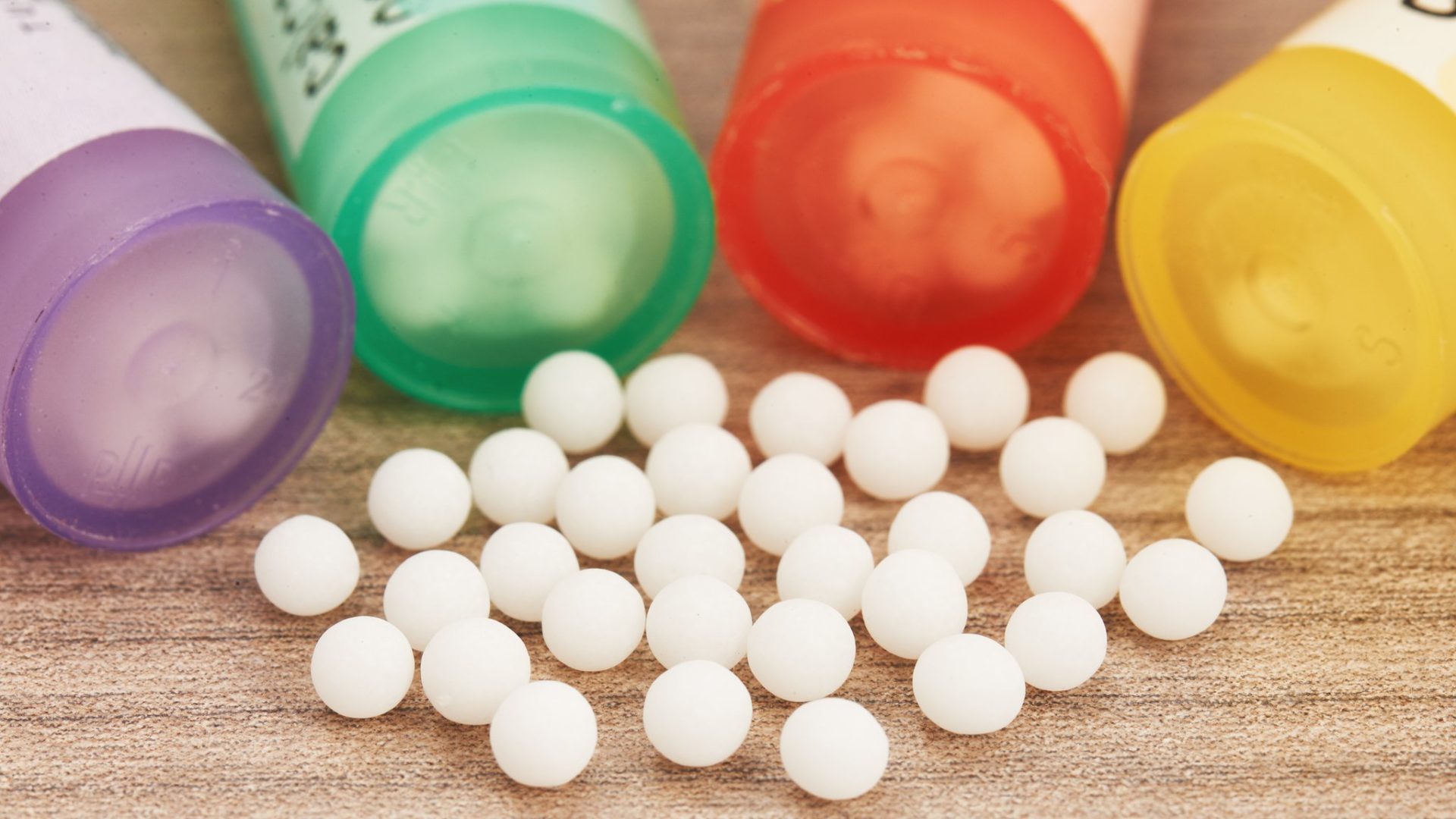The earth has completed one revolution around the sun since the onset of the COVID 19 pandemic and still, we haven’t been able to tame the enemy completely. Nevertheless, a lot has changed as far as the understanding towards the disease is concerned which helped the clinicians to titrate their treatment. We were counting the number of ventilators each hospital had in the first quarter of this year and now, we know that social distancing and Dexamethasone can be equally effective. Let alone a doctor, even the layperson now understands what ‘Happy Hypoxia’ is and the different phases of vaccine trials. On the bright side, the scientific community is on the verge of developing a vaccine that may come to market in a matter of 2 months.
Despite making so much progress in tackling this disease, we still don’t have a clear idea about the long-term complications of this viral disease. Unlike usual pneumonia, COVID 19 can cause fibrosis of the lung which previously suffered no other insult. Similarly, SARS Cov 2 can cause post-covid syndromes in children as well and pediatricians are facing that challenge now on a routine basis. Multi-System Inflammatory Syndrome in Children (MIS-C) is a dangerous disease that affects people younger than 20 years and more so in children less than 12 years. RT-PCR tests can be negative in a child suffering from MIS-C but almost all of them have COVID antibody (Covid IgG) in their serum which means that they were previously infected by Corona.
People believed in a myth that COVID is a less aggressive disease in children, probably looking at the age-wise mortality profile of the patients but MIS-C is the perfect counter-example for that. Doctors in the USA, Italy, France, and the UK, noticed clusters of children and adolescents requiring admission to pediatric intensive care units with an inflammatory condition, which is similar to Kawasaki disease, towards the end of April 2020. Unlike Kawasaki Disease, the affected children were mostly above the age group of 5 years, and a major chunk of them presented with fever and hypotension (low blood pressure). These discrepancies led to a detailed evaluation of these children and subsequently, the new entity MIS-C was found out.
MIS-C can affect the heart, kidney, liver, lungs, skin, etc., unlike in adults where lungs are predominantly affected. The patients will have symptoms like high spiking fever, loose stools, abdominal pain, reddish rash over the whole body, lethargy, reddish eye, and altered sensorium. The cause of this disease is immune dysregulation (immune processes of own body is fighting against the body) and numerous similarities can be drawn between the MIS-C and Kawasaki disease including symptomatology and involvement of the heart and its vessels (coronary arteries). The fever may not subside even with antipyretics (like paracetamol) and the child may land up in hypotension as the disease progresses. A child can develop cardiac failure (heart unable to pump an adequate amount of blood) leading to a state of low blood flow in various organs called shock. These children require care at intensive units and may require hospital stay for weeks. Prolonged drug therapy and routine follow-up for the development of complications may be warranted depending on the initial clinical state.
As this disease is a new entity and it mimics various other diseases like Dengue Shock Syndrome, Toxic Shock Syndrome (a severe infection caused by a bacteria called Staphylococcus), and Kawasaki disease, making a diagnosis is not an easy task. The awareness of this disease among doctors is limited, let alone the common man.
Having said all this, I would like to bring some clarity that this disease has effective treatment and the patients can be saved without sequelae. The importance of timely diagnosis cannot be overstated and at the same time, disease mimics like Dengue, Leptospirosis, Scrub Typhus and Staphylococcus sepsis need to be ruled out.
The take-home message is, COVID is a tricky customer for the pediatric population as well and till the vaccination of our population is complete, consider mask as our vaccine. We need to be on our toes as this notorious virus can affect any organ of our body, even after recovering from the infection. As per renowned researchers, it will take another 2 years to complete COVID vaccination in India even if we speed up the process. So, the battle is still young.



